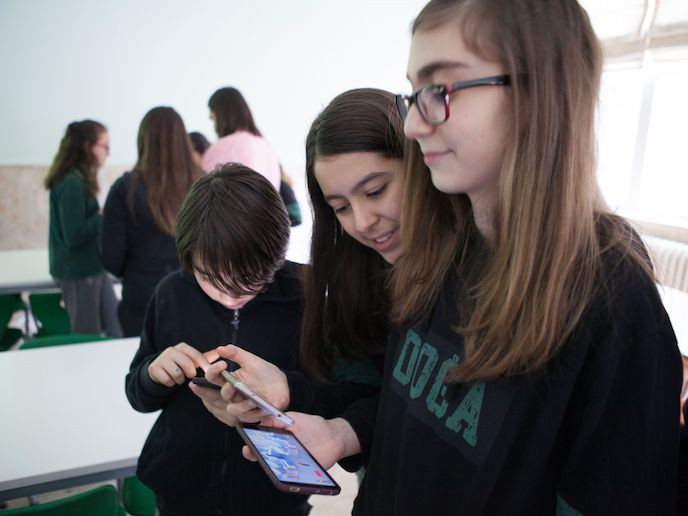Probability theory for youngsters
Principles of probability and statistics greatly add to educated citizens' comprehension of many types of experiences and academic subjects, science in particular. Hence, in response to Europe's 2020 strategy and vision, statistics is becoming an increasingly important part of school mathematics curricula. Funded by the EU, the STATSTALK (Studying the development of young students’ conceptual understanding in statistics through mediation by technological tools and talk) project aimed to develop pupils' understanding of statistical principles. The project further proposed to examine the learning role of technological tools and that of children's talk, to make practical educational recommendations. The undertaking ran for two years to September 2014. The study combined intuitive software tools, facilitating easy visual representation of data patterns, with classroom talk. The talk was intended to allow children to discuss, to offer constructive critiques and to ask questions. The approach was tested on small, mixed-sex groups of children aged 10-12, and then revised using different groups of the same types of pupil. Students' examination performances showed improvement in probabilistic reasoning and their conception of averages. More generally, the results suggested that a classroom discussion approach also helped teachers understand the process by which the improvement was achieved. The result was attributed to combined use of the software visualisation tools and classroom discussion. STATSTALK demonstrated the effectiveness of its approach, leading to improved performance. Furthermore, the work has implications for educational policy and curriculum development.




